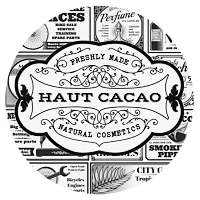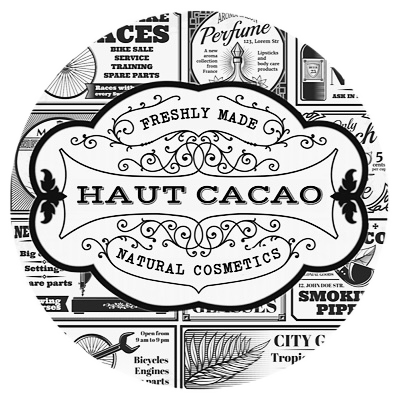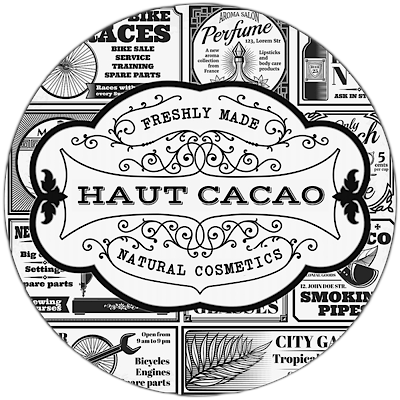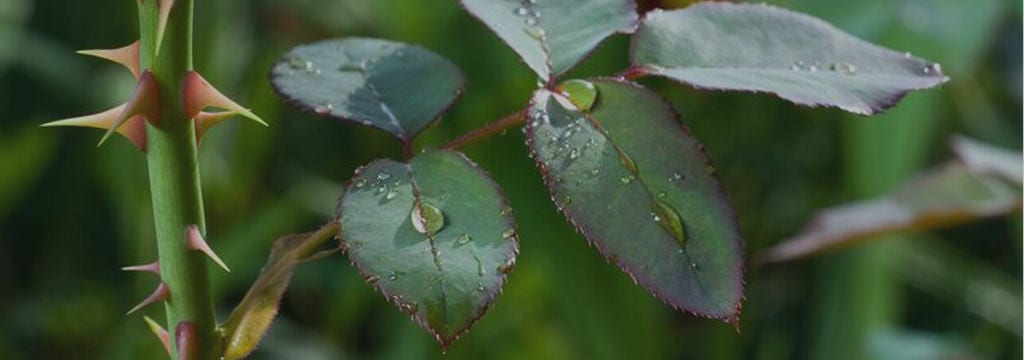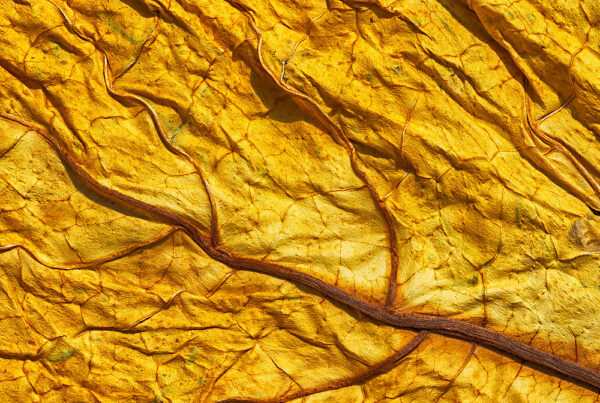I will always be a country girl at heart. I am proud to say I have been able to witness intimately what happens in the wilderness between live organisms. For me, growing up on a Canadian prairie farm opened the door to a perspective on life few no longer can find, even if they want to. What I often wonder these days is why more is not being done to curb climate change? Is it just all about corporate profits? I think that a lot of people believe carbon emissions from vehicles and fuel consumption are the main culprits, and that they can buy a hybrid car and rest easy that they’re doing their part.
Except then there’s this:
“RAISING ANIMALS FOR FOOD GENERATES MORE GREENHOUSE GASES THAN ALL THE CARS AND TRUCKS IN THE WORLD COMBINED.” – United Nations, 2006.
This quote came from a United Nations report. Not from Greenpeace, not from PETA, and not from Mercy for Animals. The United Nations.
Most people will agree that they’re concerned about climate change, and are happy to see an increasing number of “green” products on the market. We feel good buying the bags made from recycled material, using energy efficient light bulbs, and even driving electric cars. If you were renovating your bathroom, you might feel good installing one of those water saving toilets. So, each time you flush, you use a gallon or so less of water. And you feel good about that gallon of water saved per flush. And then you go off to meet your friends at a bar for a few locally brewed beers, and order a burger. But what if on the menu next to the burger there was fine print stating, “FYI: 1,300 gallons of water were consumed to produce this quarter pound of beef, and on top of that a **** load of methane and CO2 was released into the atmosphere, and oh-also fifty-five square feet of rainforest was used up for it too. Enjoy!”
“We collectively raise, feed, water, kill, and eat over 65 billion animals each year for food. That number again: 65 billion, which is ten times as many people as we have on the entire earth.” -The Wall Street Journal
That’s kind of staggering to think about. We already have a population density problem and here we’re adding ten times the number of farmed animals to the mix. So how is this related to climate change? The bullet points below (all taken from pages 11 and 12 of Dr. Oppenlander’s book, Comfortably Unaware: What We Choose to Eat Is Killing Us and Our Planet) explain:
• Global warming (“climate change”) is caused by the production of methane, nitrous oxide, and carbon dioxide, not by carbon dioxide alone.
• Global warming is also caused by destroying trees and vegetation that regulate carbon dioxide and oxygen.
• Global warming is just one small component of global depletion.
• Methane is 23 times as powerful as carbon dioxide, and nitrous oxide is 310 times as powerful as carbon dioxide for their global warming potential.
• Forty percent of methane and 65 percent of nitrous oxide produced by all human activities are from livestock.
• Rainforests are the lungs of our planet, producing over 20 percent of the earth’s oxygen.
• Rainforests take millions of tons of CO2 out of our atmosphere and store it in the soil.
• Seventy percent of our rainforests have been slashed and burned in order to raise livestock.
• Fifty-five percent of our fresh water is being given to livestock.
• Over 70 percent of the grain the United States is fed to livestock.
• It takes 10 to 20 gallons of water to produce one pound of vegetables, fruit, soybeans, or grain.
• It takes over 5,000 gallons of water to produce one pound of meat.
• One pound of vegetables, fruit, soybeans, or grain is healthier for you to eat than one pound of meat.
• During every one second of time, just in the United States alone, 89,000 pounds of excrement is produced by the chickens, turkeys, pigs, sheep, goats, and cows raised for us to kill and eat.
• One acre of land, if used for vegetables, grain, and/or legumes, produces ten to fifteen times more protein than if devoted to meat production.
• Over 30 percent of all usable total land mass on earth is used by livestock.
• Over 80 percent of all arable (agricultural) land in the United States is used for or by livestock.
• Six million children in the world will die from starvation this year.
• 1.1 billion people in the world are considered malnourished or suffering from hunger.
There you go. Information like the above is, I think, probably what led James Cameron (that guy who produced the movie Titanic) to say in a video online, “You can’t be an environmentalist, you can’t be an ocean steward without truly walking the walk and you can’t walk the walk in the world of the future, the world ahead of us, the world of our children, not eating a plant-based diet.”
I think he’s right. And I know that the idea of going “vegan” is totally scary to a lot of people, or offensive to people who eat out a lot or are in the restaurant business, and it can also be extra challenging depending on where you live and your resources. That’s why I like that James Cameron used the words “plant based” and it’s why I use those words a lot myself. Eat mostly plants. Ideally, eat all plants. But if that’s too scary or difficult, just work on eating less meat and animal products. Then even less. And still less. It’s good for your health too. And fish? Yes maybe cut way back on that too. When I see people I know instagramming giant platters of sushi they’re about to eat, I want to put the following in the comments section:
“An ongoing Environmental Protection Agency (EPA) study found that an alarming 100 percent of freshwater fish samples from the United States contain mercury, and a large percentage of certain fish caught from the ocean contain heavy metals and/or polychlorinated biphenyls (PCBs), which are highly toxic cancer-causing chemicals.”
Add to that the general over-fishing and ocean depletion issue, which is a whole other story. Those Red Lobster commercials on TV promoting the all-you-can-eat shrimp deals really upset me because, “for every one pound of shrimp sold and consumed, more than twenty pounds of other sea creatures are caught and killed in the process.” If only they’d add that to the menu in fine (or not so fine) print. What then? Would people still eat all they can?
I’ve always thought: if only people knew.
In addition to choosing to create luxury, high-performance, natural products, I am committed to using only 100% vegan, cruelty-free ingredients. Our ingredients are entirely and completely free of animal derivatives, and those raw ingredients and the products we create from them, are absolutely not tested on animals. We also choose not to work with companies who do support or produce animal-related products.
The health of our environment, and our responsibility towards it, has prompted me to use sustainable ingredients and practices.
With Care,
Joanne
Surviving Progress by Harold Crooks & by Mathieu Roy, National Film Board of Canada
